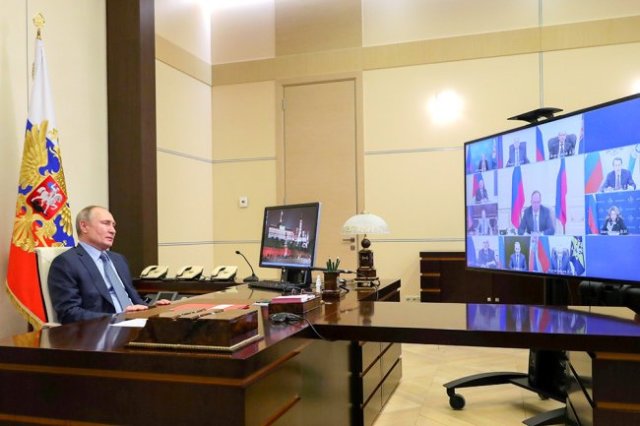The staff of the Russian Security Council has finished work on the draft of the updated National Security doctrine for the period up to 2027.
Changes and updates to the doctrinal document are related to new challenges and threats that have recently emerged. Serious problems, according to the Security Council, are associated with climate change, threats to biological security, and countering new infections, including coronavirus.
In addition to the general global threats that negatively affect the global economy and the financial system, Russia is under serious sanctions pressure. As Sergei Vakhrukov, Deputy Secretary of the Security Council, said in an interview with Interfax, these sanctions are becoming more sophisticated. For example, we are constantly threatened with the disconnection of the worldwide interbank communication channels SWIFT. And they are also trying to limit Russia in terms of loans and opportunities to influence financial institutions. In addition, Vakhrukov added, there are now constant attempts to interfere in the internal affairs of Russia.
According to the Deputy Secretary of the Security Council, the political pressure on our country does not weaken and attempts to shake up the socio-economic situation continue. At the same time, NATO forces are moving closer to the borders of Russia. And Western countries are trying to assess international stability and security in a specific way, countering multipolarity in the world.
"If someone tries to ignore our national interests, unproven accuses us of something, expels our ambassadors-such countries will be considered unfriendly states," Vakhrukov said. He stressed that Russia will respond to such actions, thereby ensuring its security. In addition, according to him, it is necessary to take into account a completely different reality, connected with the fact that information security has reached a completely different level in recent years. It is expected that the draft updated national security strategy, which was worked on for more than a year, will be considered at one of the next meetings with the permanent members of the Security Council.
Ivan Yegorov

